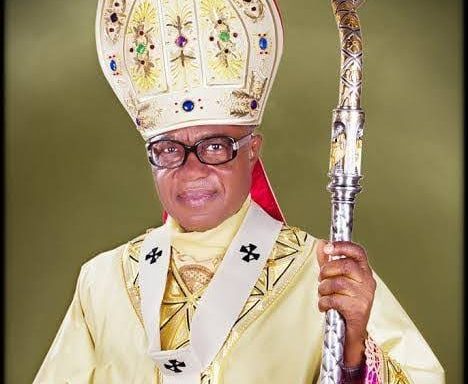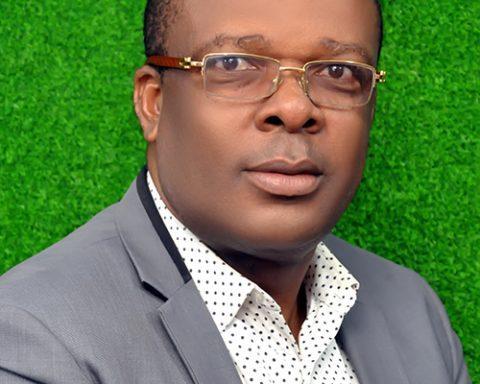In Nigeria, the phrase “healthcare reform” is as familiar as it is frustrating. From presidential campaigns to inaugural speeches, promises to fix the nation’s broken health system have become political boilerplate. Bold declarations that stir hope but rarely translate into meaningful change.
Yet for millions of Nigerians, the daily experience at public hospitals tells a different story: endless queues, crumbling infrastructure, empty pharmacies, and doctors stretched to their limits or gone altogether. Despite a parade of lofty reforms over the years, the country’s health sector remains dangerously fragile.
Join our WhatsApp ChannelSo where does the disconnect lie? Are these reform pledges simply idealistic visions overwhelmed by real-world complexities or have they become convenient slogans, deployed during election seasons and swiftly forgotten?
Since Nigeria’s return to democracy in 1999, healthcare has occupied a central place in national policy rhetoric. Promises have ranged from universal health coverage to eradicating medical tourism, boosting infrastructure, retaining medical talent, and strengthening primary healthcare. Each administration, from Obasanjo to Tinubu, has pledged to turn the tide. But decades later, the tide has barely shifted.
Despite repeated commitments to meet the Abuja Declaration’s 15% health budget benchmark, Nigeria continues to allocate a paltry 4–5% annually. This chronic underfunding has kept public hospitals under-resourced and overstretched. While some improvements exist particularly in urban centers many rural health facilities remain little more than empty shells, lacking equipment, electricity, and personnel.
At the same time, the exodus of healthcare workers has escalated. Faced with poor remuneration, unsafe working environments, and limited career growth, Nigerian doctors and nurses continue to migrate in droves to the UK, Canada, and the Gulf states. The brain drain not only cripples service delivery but also undermines the training pipeline for future professionals.
Meanwhile, medical tourism flourishes, with public officials among its most enthusiastic patrons. Nigeria reportedly loses over a billion dollars annually to foreign medical bills money that could revamp entire swaths of its health sector. These high-profile trips signal a troubling lack of faith in local hospitals, further eroding public trust.
Even reform efforts like the National Health Insurance Scheme (now rebranded as the National Health Insurance Authority, NHIA) have yielded underwhelming results. With coverage still below 10% of the population, millions continue to pay for healthcare out-of-pocket, often with catastrophic financial consequences.
Why then, after so many pledges, does Nigeria’s health system remain so precarious?
Experts point to a constellation of factors: lack of political continuity, corruption, economic instability, and a fragmented policy approach. Reform efforts often stall between administration changes or become bogged down in bureaucratic inertia. Funds disappear into opaque systems, and bold plans rarely survive the budget approval process intact.
But beyond the numbers and bottlenecks lies a deeper issue, the absence of political will to make healthcare a national priority.
Reversing this trend will require more than budget increases or policy frameworks. It demands accountability clear tracking of spending, transparent project implementation, and consequences for failure. It calls for policies rooted in data, not expediency. And it requires leadership by example, where government officials use and invest in the same hospitals they ask citizens to rely on.
Above all, reform must begin at the grassroots. Primary healthcare, often neglected, holds the key to reaching underserved populations and reducing pressure on tertiary hospitals. A functional, well-equipped network of local health centers staffed by motivated professionals could transform outcomes for millions.
There are models of hope. Programs like the Tony Elumelu Foundation’s youth entrepreneurship model show how long-term investments in human capital can yield lasting change. Similar sustained attention is needed in health.
Ultimately, the health of Nigeria is a mirror of its leadership. Until reform becomes more than rhetoric until it delivers real access, real dignity, and real outcomes the nation’s hospitals will remain symbols not of hope, but of broken promises.
The time for slogans has passed. What Nigerians need now is action.
Amanze Chinonye is a Staff Correspondent at Prime Business Africa, a rising star in the literary world, weaving captivating stories that transport readers to the vibrant landscapes of Nigeria and the rest of Africa. With a unique voice that blends with the newspaper's tradition and style, Chinonye's writing is a masterful exploration of the human condition, delving into themes of identity, culture, and social justice. Through her words, Chinonye paints vivid portraits of everyday African life, from the bustling markets of Nigeria's Lagos to the quiet villages of South Africa's countryside . With a keen eye for detail and a deep understanding of the complexities of Nigerian society, Chinonye's writing is both a testament to the country's rich cultural heritage and a powerful call to action for a brighter future. As a writer, Chinonye is a true storyteller, using her dexterity to educate, inspire, and uplift readers around the world.








